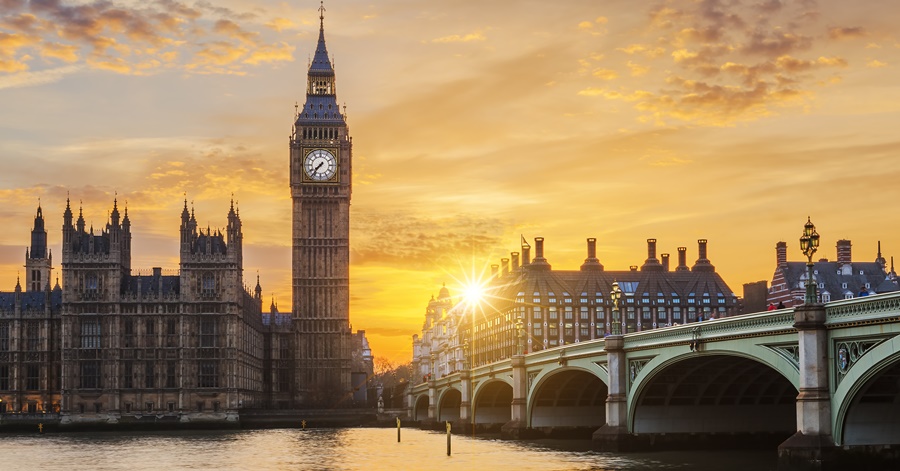If you’re planning to work or move to the United Kingdom soon, you need to learn about certain things which are uniquely British such as their greetings, how they value their time, body language, and dress code, among others.
Also Read: UK Do’s and Dont’s
If this is something that you think will benefit you personally or professionally in the future, then make sure to read this guide until the end.
Culture and Social Etiquette in the United Kingdom: Here’s What You Need to Know
When visiting the UK, there are no strict etiquette guidelines to follow. It is, however, preferable to show good manners and reverence for the local culture and traditions.
The first and most significant step in learning British etiquette is to be mindful of the distinct nations that comprise the United Kingdom. England, Scotland, Wales, and Northern Ireland make up the United Kingdom of Great Britain and Northern Ireland. Any of these countries’ inhabitants are British.
This is also the most secure word to use when you are unsure of a person’s ancestry. If you are certain of your ancestry, you can refer to the various residents as English, Scotch, Welsh, or Irish. Although the four countries share many customs, each has its own history and traditions.
Greetings and meetings
When meeting a Brit for the first time, he or she can seem reserved and cold, but this is just an impression. In fact, they are extremely welcoming and helpful to foreigners. A handshake is the most popular type of greeting, but avoid making prolonged eye contact as it can make people feel uneasy. Unless you are expressly invited to use first names, use last names and suitable titles. Shake hands with everyone you know, regardless of gender; the proper answer to an introduction is “pleased to meet you.”
Time and punctuality in British etiquette
When it comes to punctuality, the British are very strict. People in the United Kingdom make a concerted effort to be on time, so being late, even by a few minutes, is considered impolite. If you are running late, please notify the person you are meeting with. Here are some circumstances in which you must be on time, as well as some in which it is preferable:
- You should always arrive on time for formal meals, lunches, and appointments.
- Arrive a few minutes early for public meetings, plays, concerts, movies, sporting events, lectures, church services, and weddings.
- You are welcome to arrive at any time during the hours designated for teas, receptions, and cocktail parties.
The British often use phrases like “drop in anytime” and “come see me soon.” Take these, though, with a grain of salt. To be safe, always call ahead of time before visiting anyone at home. If you receive a written invitation to an event with the word “RSVP,” you should answer as soon as possible, whether you want to attend or not.
Body language and dress code
The public show of affection is frowned upon in the United Kingdom. Hugging, hugging, and touching are usually reserved for family members and close friends. You should also refrain from talking loudly in public and using excessive hand gestures during the conversation. The British like to have some personal space. Do not approach another person too closely or place your arm around their back.
There are no limitations or constraints when it comes to clothing. Only remember to follow the general rules when in formal situations. Observation will show that people in larger cities, especially London, dress more formally. Wools and tweeds are worn by both men and women on casual occasions. Men and women should wear slacks, sweaters, and coats. Wear a blazer when visiting the country or on the weekends, but not to work. On formal occasions, always wear an outfit that is appropriate for the dress code. It is best to dress formally while attending a holiday dinner or cultural events, such as a concert or theatre show.
General advice
Men should open doors for women and stand when a woman enters a room, though it is widely agreed for both men and women to keep the door open for each other, depending on who enters first.
It is important to respect the desire for privacy in the United Kingdom. Don’t ask personal questions about your family’s history and origins, your occupation, your marital status, your political views, or your financial situation. It is extremely impolite to press ahead in a line, so never do so. It’s also impolite to try to sound British or imitate their dialect.
Remember that humour is ubiquitous in English culture. It is often mocking, ribbing, cynical, homophobic, or racist. Try not to be offended.
When invited to someone’s house, cultural protocol dictates that you bring a small gift for the hostess. Flowers, chocolates, wine, champagne, or books are all appropriate gifts. Feel free to share your appreciation and delight with the visit the next day with a note or a phone call.
British etiquette rules for women
Women in the United Kingdom are entitled to the same dignity and status as men, both at work and in everyday life. When addressing others, the British have a habit of using ‘affectionate’ names, so don’t be offended if they call you love, dearie, or darling. These are widely used and are not considered impolite.
It’s fine for a foreign woman to invite an Englishman to dinner. It is safer to limit yourself to lunch. Also, if you want to pay for your meal, let them know right away. Remember to cross your legs at the ankles rather than the knees while you’re out in public.
There you have it! There certainly are a lot of things that are unique to the Brits than most people know. Now that you have this information on the culture and social etiquette in the UK, you can be more confident in dealing with people and conducting yourself accordingly.
READ NEXT: 10 Things Filipinos Should Know Before Working in an Office Job in the UK

